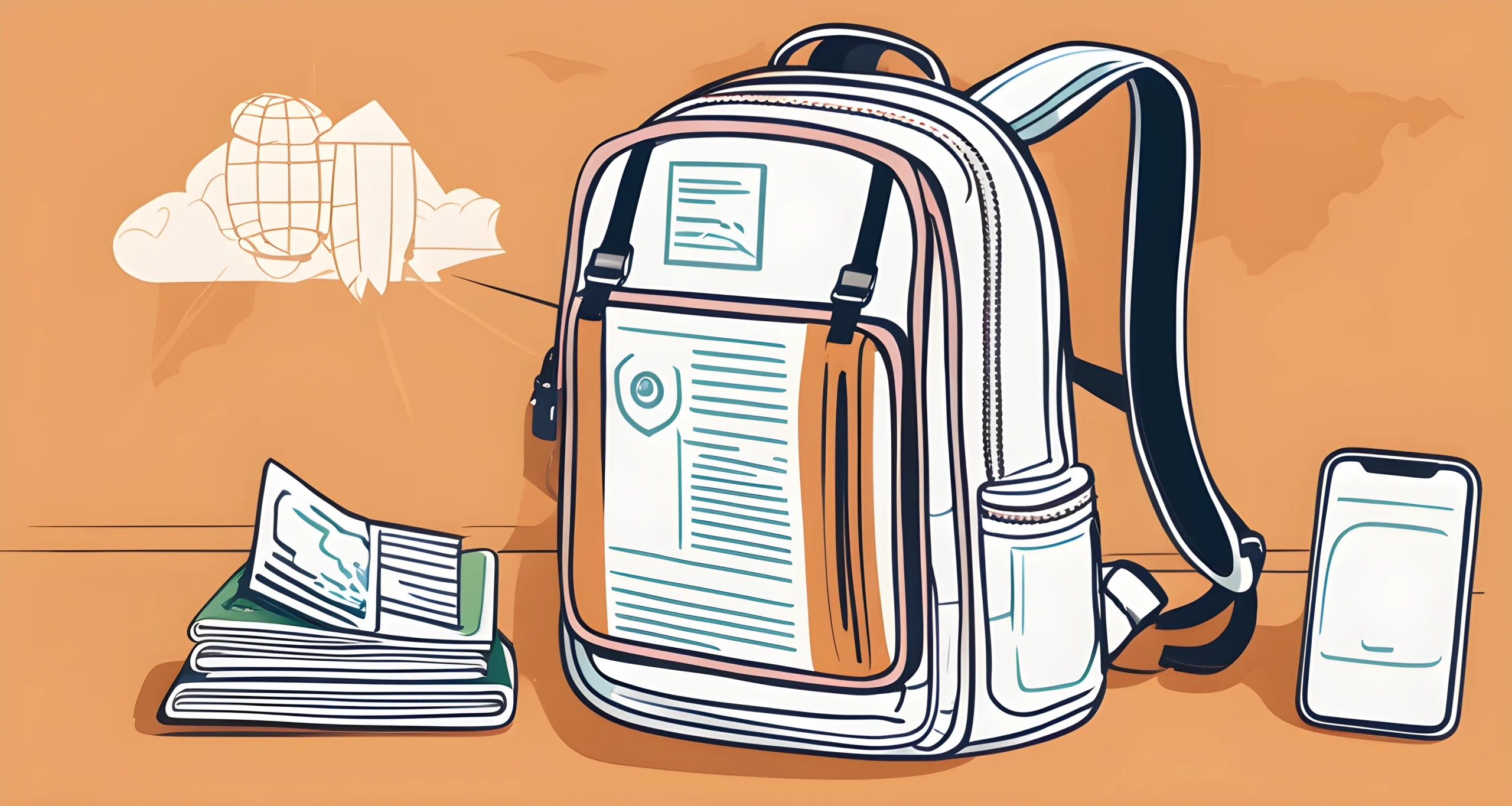Introduction
Budget travel is a great way to explore the world without breaking the bank. By planning ahead and making smart choices, you can enjoy incredible experiences without spending a fortune. In this section, we will cover some essential tips for budget travel that will help you make the most of your money.
Planning Ahead is Key
- Booking flights, accommodations, and activities well in advance can lead to significant cost savings.
- By taking advantage of lower prices through early bookings, you can stretch your budget further and afford more experiences during your trip.
Utilize Travel Rewards and Avoid Fees
- Using travel rewards credit cards can help you earn points or miles that can be redeemed for flights, hotels, and other travel expenses.
- Consider using a card with no foreign transaction fees to avoid unnecessary charges when making purchases abroad.
Take Advantage of Shoulder Seasons
- Traveling during shoulder seasons, which are the periods between peak and off-peak seasons, can result in cheaper flights, hotels, and attractions.
- By being flexible with your travel dates, you can save money and experience destinations with fewer crowds.
By following these tips for budget travel, you can make the most of your travel budget and enjoy amazing adventures without overspending. For more information on maximizing travel rewards and finding deals and discounts, check out our Travel rewards guide.
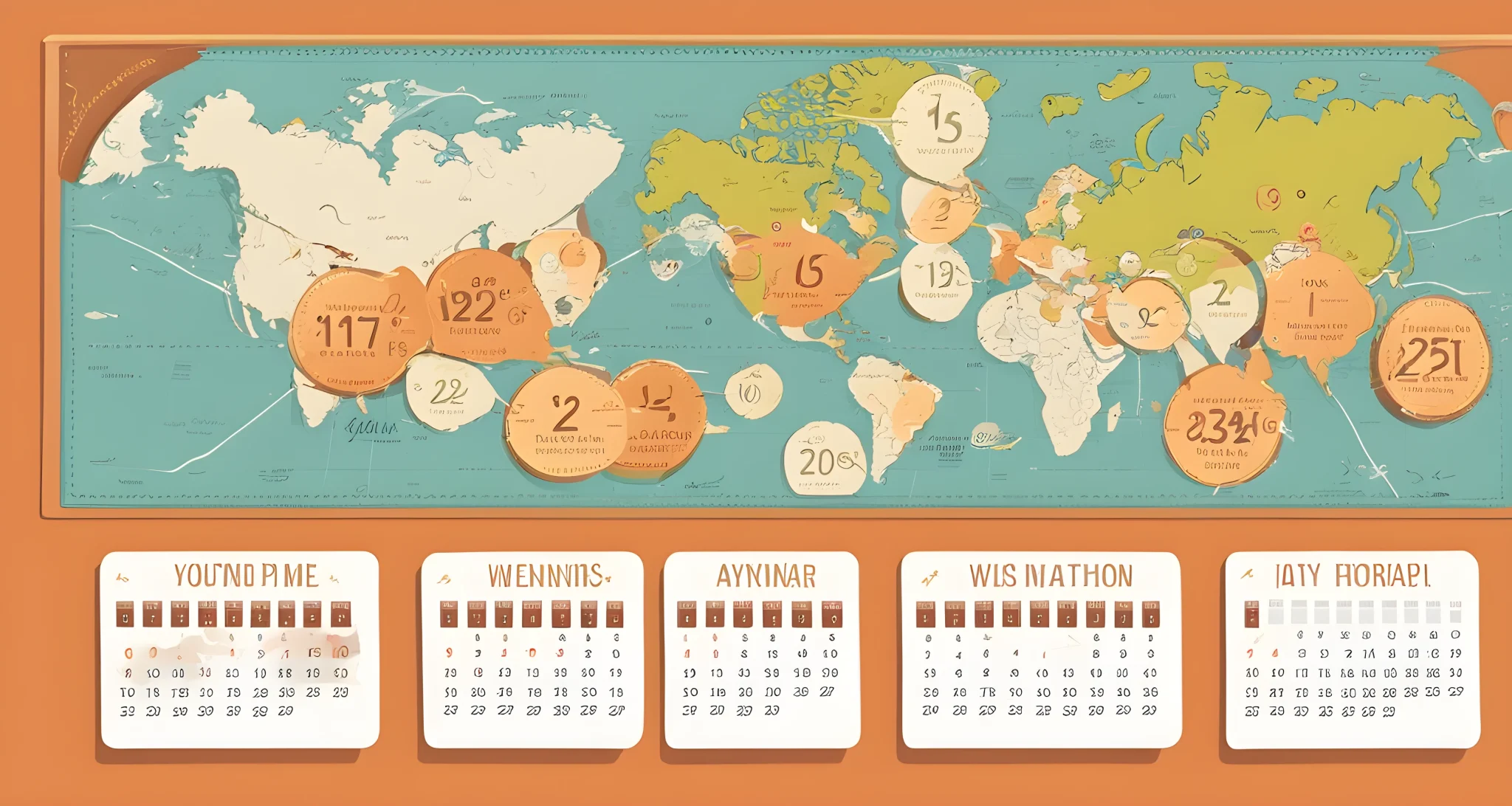
Choosing Destination and Duration
When it comes to budget travel, choosing the right destination and duration of your trip is crucial. Here are some important factors to consider:
-
Budget-Friendly Destinations: Some destinations may be more budget-friendly than others. Researching average costs for different destinations can help you make an informed decision. You can find information on affordable travel destinations in our article "Cheapest Days to Fly: Find Cheap Flights Now" Low-cost flight days.
-
Length of Trip: The duration of your trip can also impact the overall cost. Consider the cost of accommodation, meals, and activities for the entire duration of your stay. Keep in mind that longer trips may require a larger budget.
-
Researching Average Costs: Before choosing a destination, it’s important to research the average costs of accommodation, food, transportation, and activities. This will give you a better idea of how much you can expect to spend in each location.
By taking these factors into account, you can ensure that your budget aligns with your travel plans. This will help you make the most of your money and avoid any unexpected financial stress during your trip.
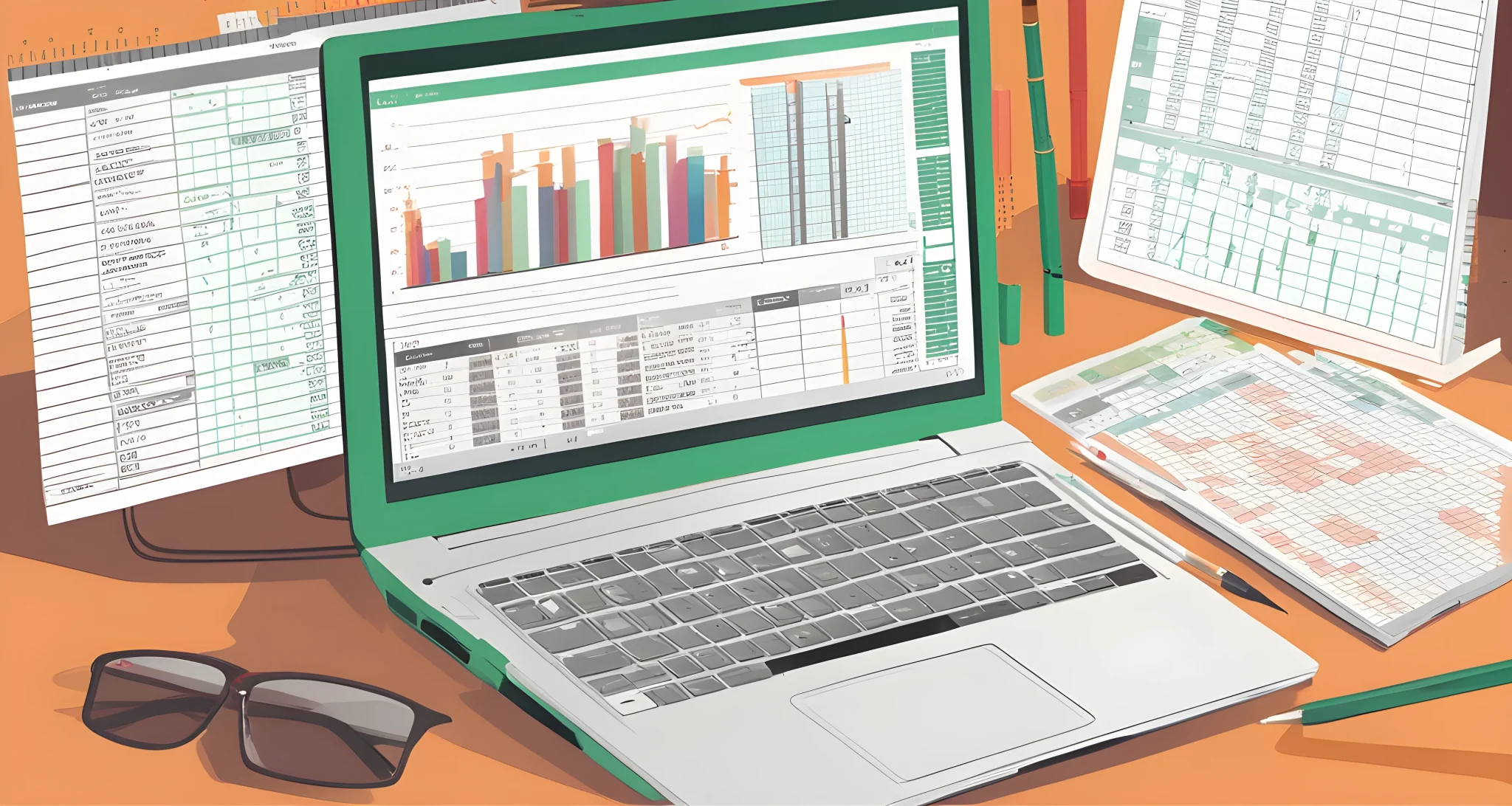
Researching Average Costs
When planning a budget for your travels, it’s essential to research the average costs associated with your chosen destination and duration of stay. This will give you a realistic idea of how much you’ll need to allocate for each aspect of your trip. Here are some tips for researching average costs:
-
Transportation: Look into the cost of flights, train tickets, or gas if you’re driving to your destination. Consider using travel comparison websites to find the best deals on transportation.
-
Accommodations: Research the average cost of hotels, hostels, or vacation rentals in your chosen destination. Consider staying at budget-friendly hotel chains such as Affordable hotel chains to save on accommodations.
-
Meals: Look into the average cost of meals at restaurants, as well as groceries if you plan on cooking some of your own meals. Consider creating a daily meal budget based on these average costs.
-
Activities: Research the cost of activities and attractions in your destination. Look for free or low-cost activities to help balance out your budget.
-
Incidentals: Consider other potential expenses such as souvenirs, toiletries, and unexpected costs. It’s important to have a buffer in your budget for these incidentals.
By researching average costs in these key areas, you can create a more accurate travel budget that aligns with your financial goals. This information will also help you make informed decisions about where you can save money and where it’s worth splurging on experiences during your trip.
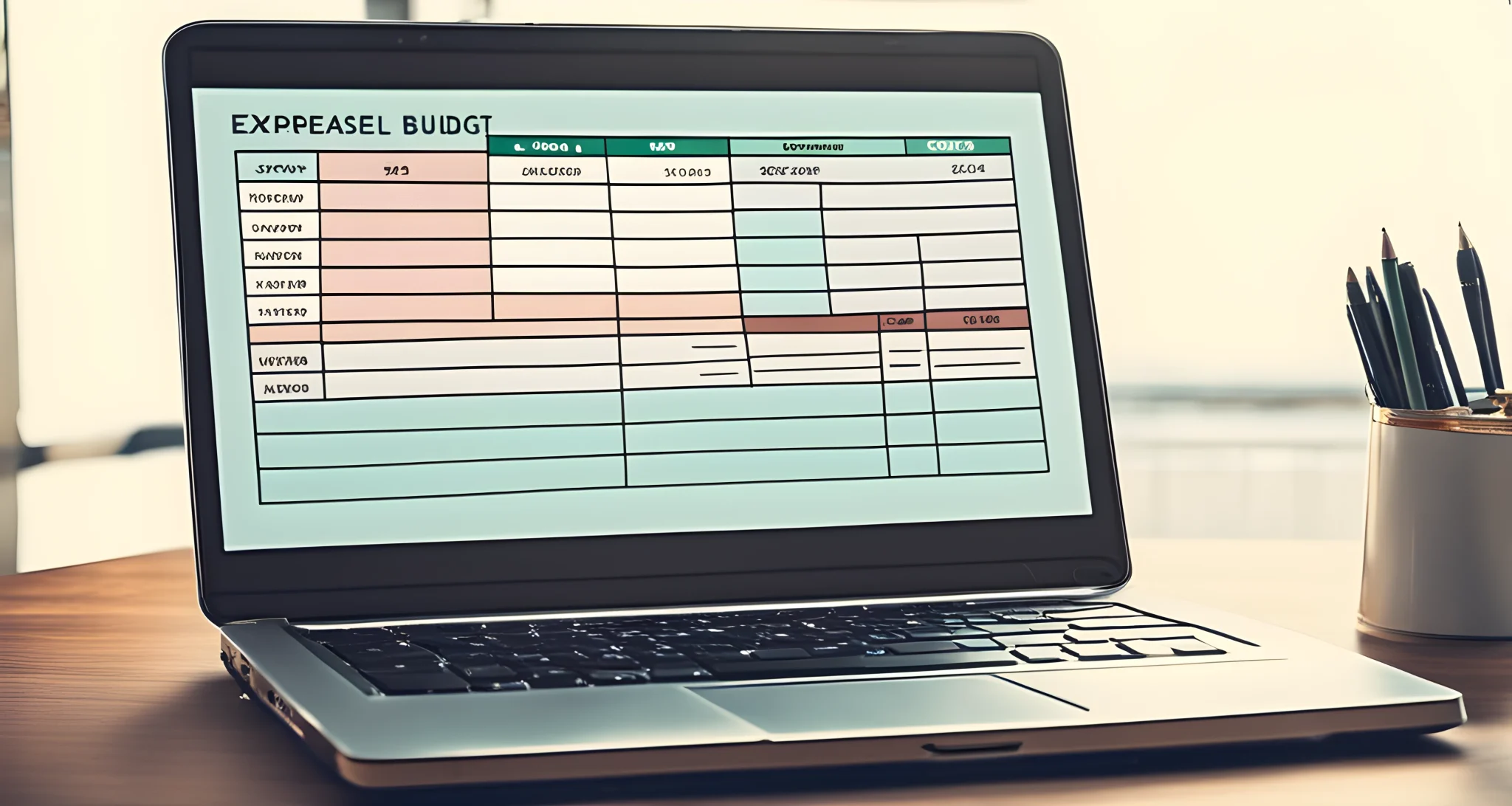
Creating a Detailed Travel Budget Spreadsheet
When it comes to budget travel, creating a detailed travel budget spreadsheet can make all the difference in helping you keep track of your expenses and stay within your financial limits. Here are some tips for creating a comprehensive travel budget spreadsheet:
Refining Your Budget with Expense Categories
-
Transportation: Include costs for flights, local transportation (such as buses or trains), and any car rentals. Researching average costs for these expenses will help you budget more accurately.
-
Accommodations: Allocate a set amount for lodging, whether it’s for hostels, hotels, or vacation rentals. Look into different options and their average prices to determine realistic expenses.
-
Food: Budgeting for meals is essential. Consider the average cost of dining out versus buying groceries and cooking your own meals. Be sure to also include snacks and drinks in this category.
-
Activities: Plan ahead for any excursions, tours, or entrance fees to attractions. Researching average costs for popular activities in your destination will help you estimate how much to allocate for this category.
-
Miscellaneous Expenses: This category can include things like souvenirs, travel insurance, visas, and unexpected costs. It’s important to set aside a portion of your budget for miscellaneous expenses to account for the unknown.
By breaking down your overall travel budget into specific categories, you can better manage your expenses and ensure that your budget is realistic and attainable. This approach allows you to prioritize where your money goes and helps prevent overspending in one area at the expense of another.
Creating a detailed travel budget spreadsheet allows you to track your spending throughout your trip and make adjustments as needed. Whether you use a pre-made template or create your own spreadsheet, be sure to update it regularly with actual expenses to stay on top of your budget.
Remember, the goal of refining your budget with expense categories is to give yourself a clear picture of where your money is going and where you might need to cut back or reallocate funds. With careful planning and monitoring, you can make the most of your travel budget while still enjoying a fulfilling experience.
For more tips on family-friendly travel deals, be sure to check out Kid-friendly travel tips for additional insights on traveling with kids.
By incorporating these strategies into your travel planning process, you can ensure that every dollar is well-spent and maximize your opportunities while on the road.
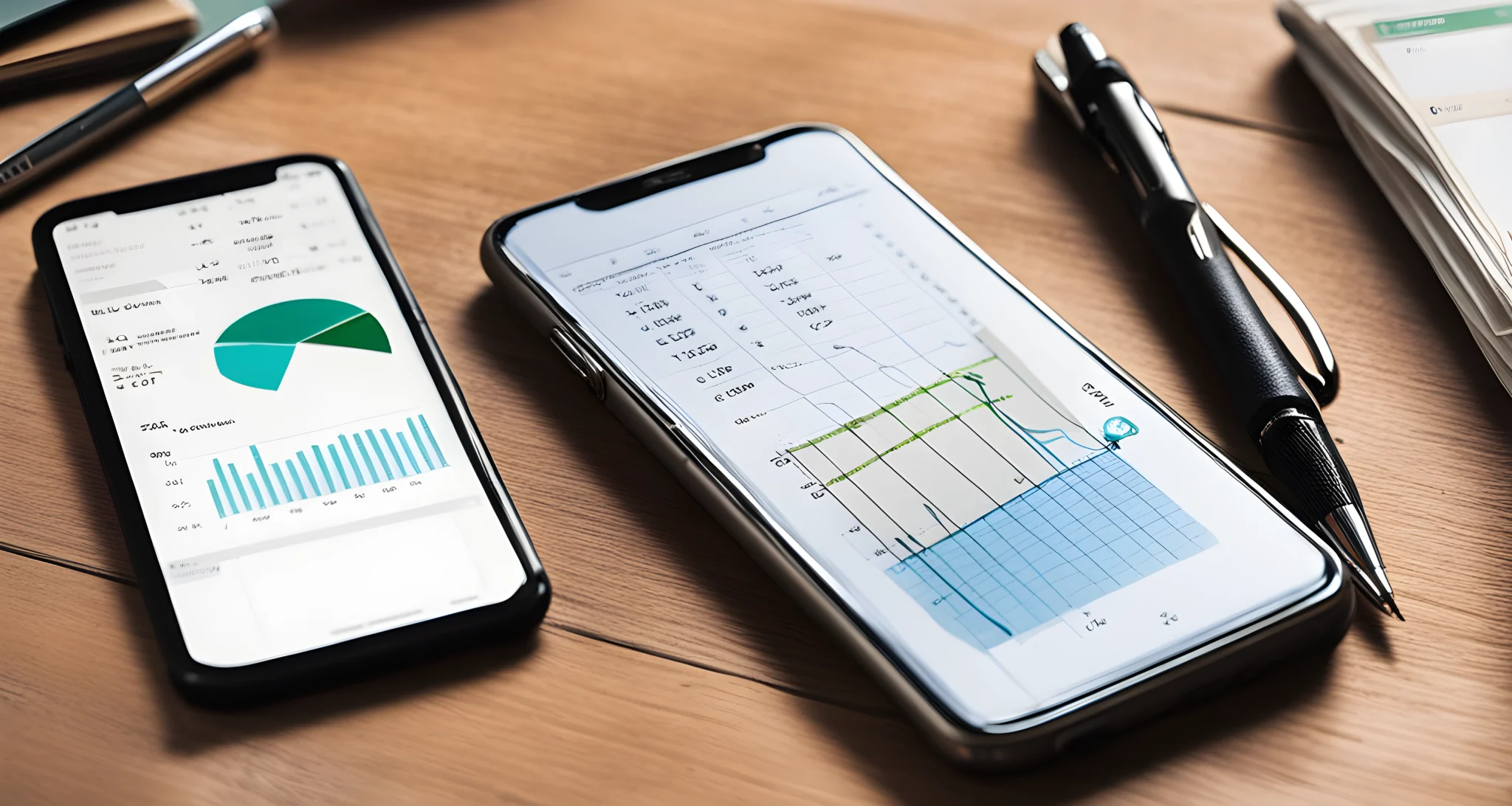
Refining Your Budget with Expense Categories
Once you have created a detailed travel budget spreadsheet, it’s time to refine your budget with expense categories. This step will help you allocate your funds more effectively and ensure that you have accounted for all potential expenses during your trip.
Categorizing Your Expenses
When refining your budget, it’s essential to categorize your expenses to get a clear picture of where your money will be spent. Some common expense categories to consider include:
- Transportation: This category should include flights, train or bus tickets, rental cars, and any other transportation costs.
- Lodging: Include all accommodation expenses such as hotel stays, Airbnb rentals, or hostel bookings.
- Food and Dining: This category covers all meals and dining experiences during your travels.
- Activities and Entertainment: Include expenses for tours, attractions, museum tickets, and any other activities you plan to participate in.
- Miscellaneous: This category can cover unexpected costs or souvenirs.
Allocating Funds
Once you have categorized your expenses, allocate a specific amount of funds to each category based on your research and preferences. It’s important to be realistic about how much you’re willing to spend in each area while also allowing for some flexibility.
Monitoring Your Spending
As you travel, it’s crucial to keep track of your spending within each expense category. This will help you stay within budget and make adjustments if necessary. Consider using a budget tracking app or simply keeping receipts to compare against your initial allocations.
Making Adjustments
If you find that you are consistently overspending in a particular category, be prepared to make adjustments to your budget on the go. For example, if you’re spending more on dining than anticipated, look for ways to cut back in other areas without sacrificing the overall enjoyment of your trip.
By refining your budget with expense categories, you can ensure that you have a clear understanding of where your money is going and make informed decisions about where to spend and where to save during your travels. This approach will give you peace of mind and enable you to make the most of your travel budget.
For more solo budget travel tips and advice on managing expenses during a trip, check out the Solo travel budget tips for additional insights.
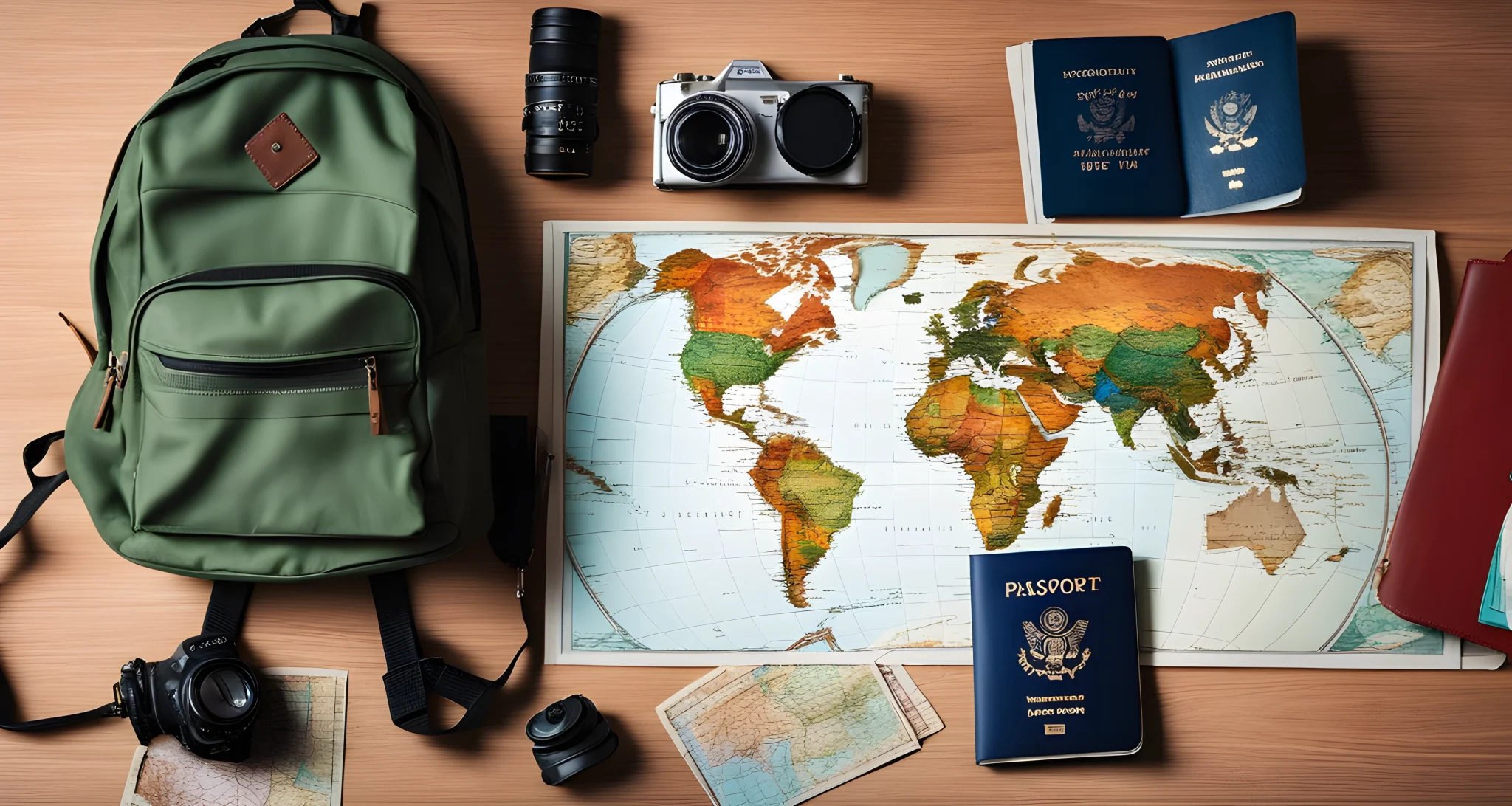
Budgeting by Item or Category
When it comes to budget travel, it’s crucial to break down your expenses into specific categories and items to effectively manage your budget. Here are some essential tips for budgeting by item or category:
-
Transportation: This category includes flights, trains, buses, rental cars, and local transportation. Researching average costs for transportation in your chosen destination will help you create a realistic budget for this category.
-
Accommodation: Whether you’re staying in hostels, hotels, or vacation rentals, accommodation costs can vary greatly depending on the location and duration of your stay. Consider using budget-friendly booking platforms and look for deals and discounts to save on this expense.
-
Food and Dining: Food expenses can add up quickly while traveling. To manage this category effectively, consider setting a daily food budget and look for affordable dining options such as local markets and street food vendors.
-
Activities and Entertainment: Budgeting for activities and entertainment is important to ensure you don’t overspend on tourist attractions, tours, and experiences. Researching free or low-cost activities in your destination can help you allocate funds to this category wisely.
-
Miscellaneous Expenses: This category covers unforeseen expenses such as souvenirs, toiletries, laundry, and other incidentals. It’s essential to have a buffer in your budget for unexpected costs that may arise during your trip.
By refining your budget with these expense categories, you can effectively allocate funds to each aspect of your trip and avoid overspending. Creating a detailed travel budget spreadsheet that includes these categories will help you track your expenses and stay within your budget Budget travel tips.
Remember that flexibility is key when budgeting by item or category. You may need to adjust your budget as you go along based on actual expenses and unforeseen circumstances. With careful planning and smart budgeting, you can make the most of your travel budget while still enjoying a memorable and rewarding experience.
FAQ
What is the importance of planning ahead for budget travelers?
Planning ahead allows budget travelers to book flights, accommodations, and activities at lower costs and avoid last-minute expenses.
How can travel rewards credit cards help budget travelers save money?
Using travel rewards credit cards and avoiding foreign transaction fees can help budget travelers save money on flights and accommodations.
Why is traveling during shoulder seasons beneficial for budget travelers?
Traveling during shoulder seasons can result in cheaper flights, hotels, and attractions due to lower demand, making it a cost-effective option for budget travelers.
What are some cost-effective dining alternatives for budget travelers?
Exploring local markets and preparing meals in accommodations can be a cost-effective alternative to frequenting restaurants for budget travelers.
